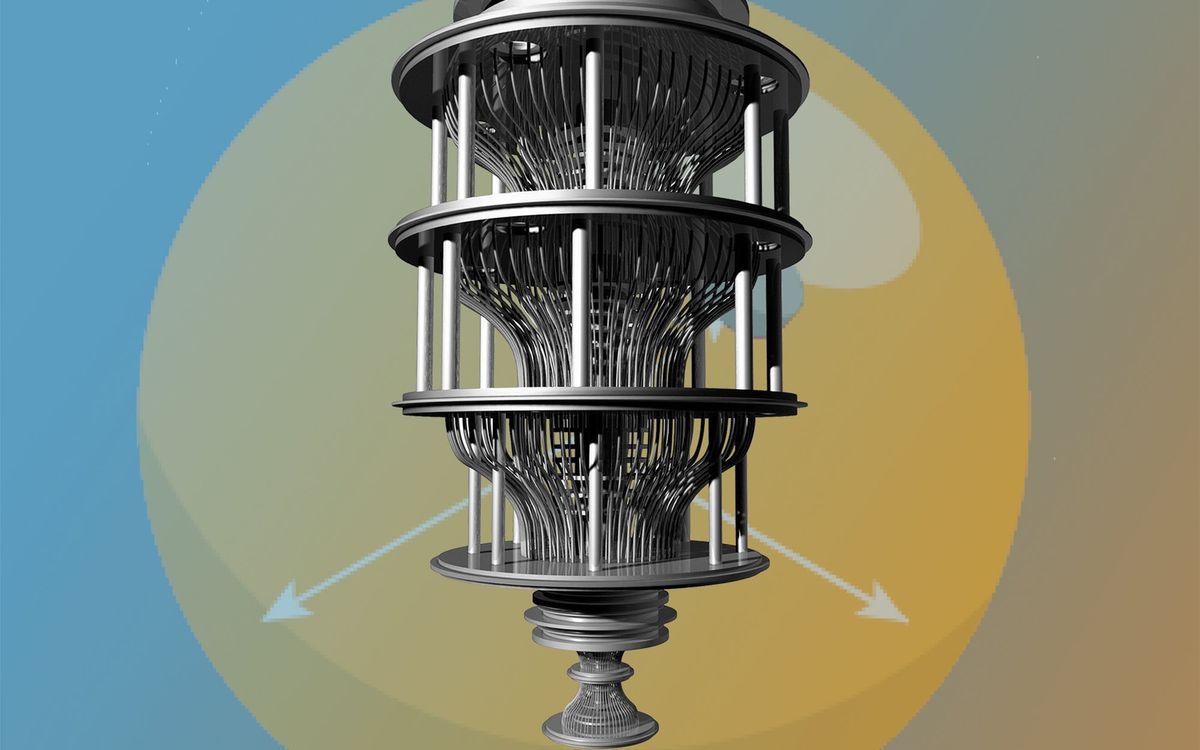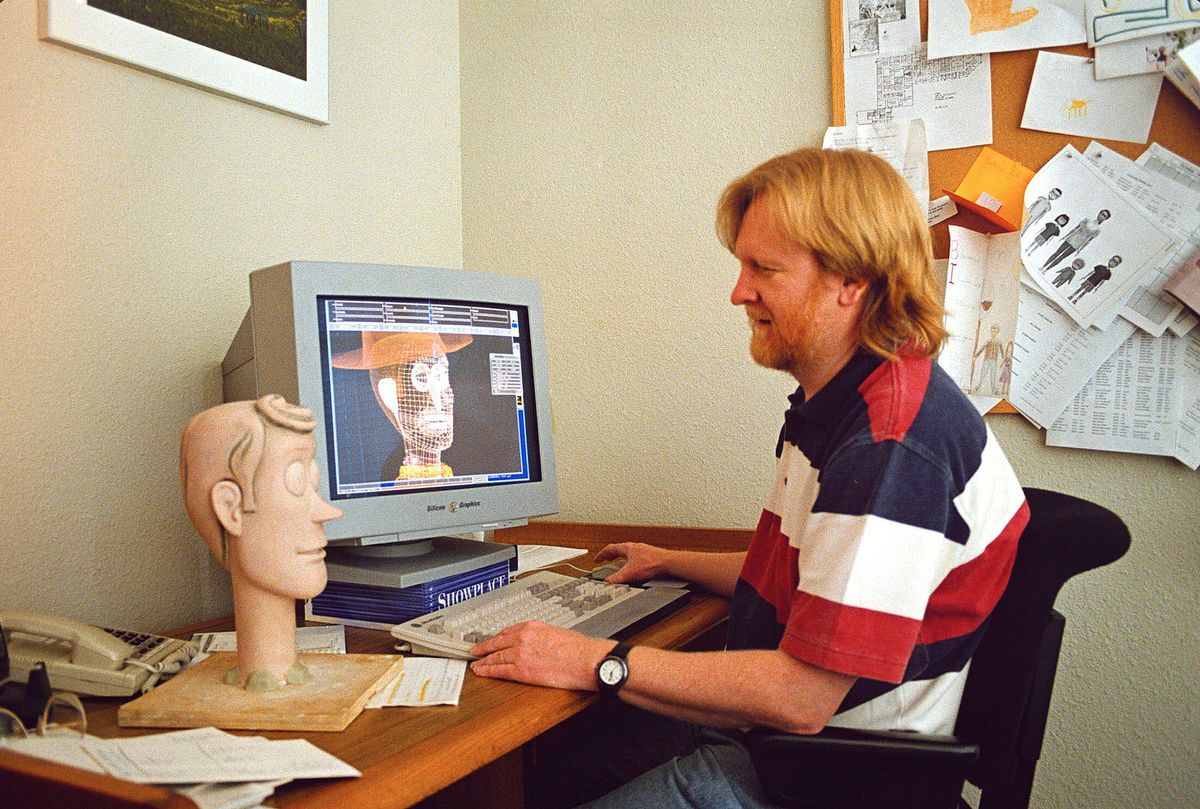Hello world. Here's something you don't know about me. I'm allergic to bee stings. And that's not all. For all of third grade, I was convinced that I was the reincarnation of Miles Standish. And the best part is, I had a Coca Cola with my breakfast this morning.
Okay. I admit it. That felt good.
The rest of you have other outlets to produce those good feelings. I don't have a Facebook account and I don't really use Twitter—and according to new research in the journal PNAS, that means I'm missing out on a lot of fun. In a study that will come as no surprise to either of these companies, psychologists at Harvard University found that the brain naturally rewards us for thinking and talking about ourselves. When we rehash our weekend jaunts with a friend, or a whole digital network of friends, we activate the same areas of our brain that perk up when we eat something we like or look at someone we find attractive—the mesolimbic dopamine system.
The structures included in this system have long been thought to reward certain behaviors by sluicing the brain with the pleasure-inducing neurotransmitter dopamine. It's the brain's way of patting us on the back and saying, "Go ahead. You look at that sexy person. You take that money. You eat that carrot cake." Until now, researchers acknowledged that humans have a unique instinct to share their own experiences with those around them, but even as they suspected that the brain rewards them for doing so, they lacked evidence.
Researchers observed activity in the brain, using functional magnetic resonance imaging (fMRI), while participants either talked about their own beliefs or surmised about the beliefs of another person. Reward systems in the brain lit up significantly more when the participants talked about themselves.
In another experiment, the researchers looked at whether the payoff from self-disclosure was hefty enough to outweigh the offer of a monetary reward. In this test, the participants got to choose what kind of question they would answer—a question about their own opinions, a question about the opinions of another person, or a factual true or false question. The investigators promised small payments, with the amount varying from question to question. The majority of participants chose to talk about themselves rather than cash in on the experiment.
The study basically confirms that social network companies employ the single most psychologically intuitive business model ever created. Give people a free service that their brains naturally reward them for using, then sell that community as a product to advertisers. Perhaps the only way Facebook could do better for themselves would be to charge us to post. The evidence suggests we'd be willing.


